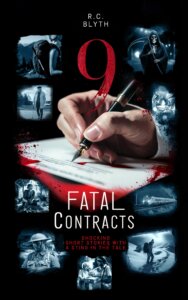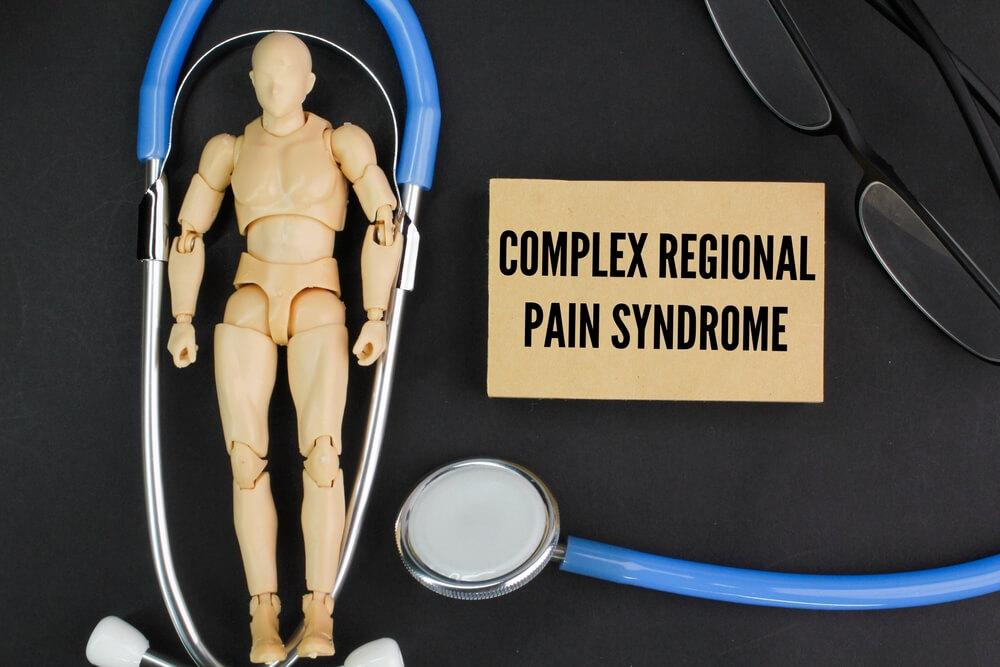Complex Regional Pain Syndrome ~ The Withered Hand
In this article, we will explore the communication of CRPS and the potential of fictional narratives as a powerful tool in conveying actual medical health facts.
It matters little what our background is; we read and drift toward material that interests us. At school, we might have hated certain subjects, but when someone brings them alive and paints a three-D picture, suddenly, we are entangled in a story as it now has relevance. That may be why some are less engaged at school than later when we specialise in areas with greater interest.
As a student podiatrist, I first encountered the pain syndrome as Sudek’s atrophy, but it would take ten years before I saw my first case. Then, the subject was ignored by those who should have been better aware. Worse still, there was almost an archaic approach to the condition. Finding a decent pain specialist passionate about the condition and the patient was as rare as hen’s teeth!
Diagnosing CRPS is not straightforward. There’s no specific test for it. This is where Sudek’s atrophy came in. This was not the condition of complex pain syndrome but the signs seen on taking an x-ray. Far from being reliable alone, a careful medical history and physical examination are essential for an accurate diagnosis.
As reported by the Cleveland Clinic, 200,000 people in the USA are affected by CRPS yearly. While this statistic is dry, it’s all too real and starkly represents the widespread impact of this pain condition. As a clinician, I would be drawn to The Lancet’s latest summary—
“Complex regional pain syndrome (CRPS) is a rare pain disorder … this disorder includes severe pain and sensory, autonomic, motor, and trophic abnormalities….A better understanding of the pathophysiological mechanisms of CRPS has led to its classification as a chronic primary pain disorder and subtypes …” The Lancet 2024
We can relate to real-life experiences than facts alone
Submitting for second knee operation at 55—a case of just repairing a ligament I had torn after falling from a height — I asked the orthopaedic surgeon about complications and specifically mentioned CRPS. “No, I’ve not had anything like that; read my paper on my knee surgery technique.” So I read his paper, and there it was—a larger-than-life case of CRPS, even though he had not recognised this as an issue to discuss.
Many patients are unaware that we form a contract when we submit for surgery. The surgeon agrees to operate provided the patient admits all their medical conditions honestly and does not hide anything. They will advise on the best course, consequences, and options. Should you even consider surgery? Could you avoid surgery by considering an alternative course?

Convincing fictional writing can drive the point home effectively
 This brings me to the fictional narrative upon which medical fact needs to be imprinted. Let’s throw in COVID-19 to muddy the waters and some human traits. On top of that, let’s consider the common problem of repetitive wrist strain, which arises in secretaries such as Anna Taylor, my fictional legal secretary.
This brings me to the fictional narrative upon which medical fact needs to be imprinted. Let’s throw in COVID-19 to muddy the waters and some human traits. On top of that, let’s consider the common problem of repetitive wrist strain, which arises in secretaries such as Anna Taylor, my fictional legal secretary.
Consider the common problem of repetitive wrist strain. Anna goes to her doctor, who is an okay man but too laid back compared to the GP who dealt with my patient when I first experienced the condition. The doctor decided the actual patient, who was fourteen, was mad and all in her head, so he sent her to a psychiatrist. In David’s latest book — Fatal Contracts, we are dealing with consent — under his pen name R.C.Blyth, he uses fiction to drive the narrative and inform people about a little known condition still very much alive.
From the outset, a picture is built up of someone sinking in the incompetent process of the NHS, which, while fictional in my story, is based on other hospitals with constraints ill-equipped to deal with the problem. After my short story, I added some background. In order not to give the game away, here is sneak peek:-
‘…the case of Anna (Taylor) was all too true. My original story was written at the height of Covid. A report in the UK released in July 2024 concluded that Britain’s government was not just unprepared; it called the wrong shots. Surgery and injury cause the most devastating pain in a rare number of cases, and some consider both amputation and suicide. Complex regional pain offers no rhyme or reason as to who it attacks. With early multidisciplinary team management, early intervention can help positively. The full picture of the effects of COVID-19 has started to emerge and become clearer, with many experiencing symptoms long after.
The world now has to live with this condition that continues to infect. CRPS is an actual condition, and Anna could have easily consulted someone like my fictional Mr Anwar, as patients have consulted me— I borrowed the title —The Withered Arm by Thomas Hardy (1840-1928), who lived thirty miles from my home.’
There is no need to read a textbook to determine how a patient sees their condition from the doctor’s perspective. In Fatal Contracts, The Withered Hand pulls no punches and describes CRPS at its worst—am I, as the author, trying to use scare tactics? —if fewer people rushed to surgery or listened to advice, patients might not fall on the proverbial barbed wire that this condition can bring, ripping one’s life apart.
David is a full-time author, blogger and independent publisher of health matters and fictional works under RC Blyth. You can find more about him on this site or his author website. Please share this article. You can read the story of Anna Taylor in Fatal Contracts and the Withered Hand, released in October 2024 – from Amazon books in eBook for £3.99 and paperback for £5.99. You can also follow David on Facebook, LinkedIn and RC Blyth on X @blyth_rc

You can read other articles related to pain on this site
Thanks for reading Using Fiction to Aid Real-Life Conditions by David R Tollafield – published by Busypencilcase Communications

October 2024


Recent Comments